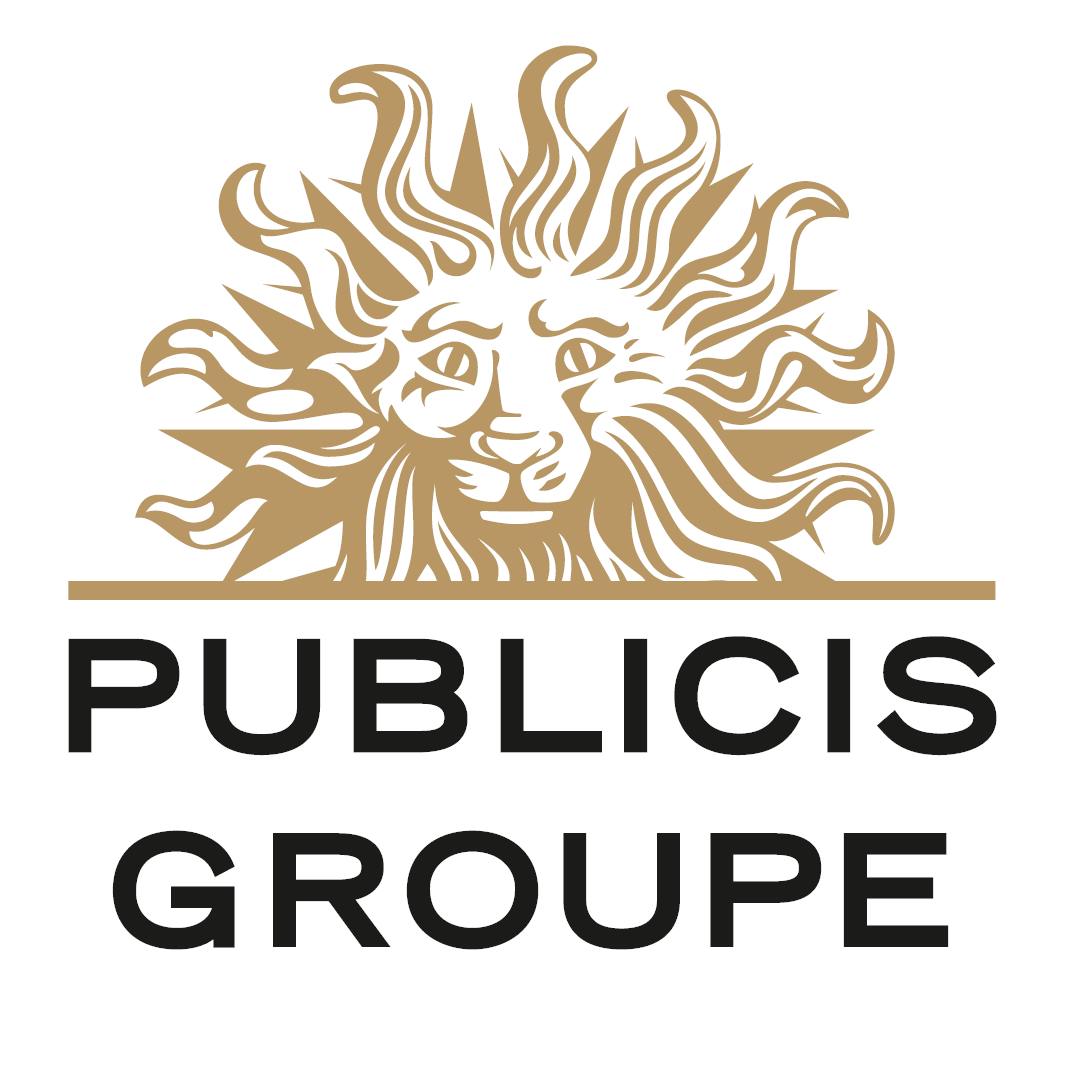4.2.2.3 The proprietary tool: A.L.I.C.E. (Advertising Limiting Impacts & Carbon Emissions)
To determine the carbon emissions of goods and services, the first and simplest option is to apply emission factors to the total amount of purchases made, these emissions factors being public and international, and by category of products and services. The second option is to measure the impact of the components of a product or service as closely as possible. This has been Publicis Groupe’s commitment since 2017 with the creation of A.L.I.C.E. Since the end of 2019, the agencies have been using this ad hoc calculation tool, developed and monitored by Bureau Veritas on the calculation methodologies aligned with the GHG Protocol, and for updating the emission factors (emission factors issued by the IEA – International Energy Agency; DEFRA – Department for Environment, Food and Rural Affairs; ADEME – French Ecological Transition Agency). A.L.I.C.E. is a tool for the Company’s Climate objectives (see also Section 4.3) for clients, in order to more precisely assess our ability to reduce the impacts of our products and services. A.L.I.C.E. covers all major Groupe business lines: Creation, Production, Media, Events, Data, DBT (Digital Business Transformation) and makes it possible to respond to a request from clients on the calculation of the carbon impact of their marketing and communication activities. A.L.I.C.E. makes it possible to analyze the impacts on a project-by-project basis, identify reduction levers and increase the positive impacts through new, more frugal solutions, tested by the agency and offered to clients.
A.L.I.C.E. has already made it possible to reduce the impacts of the campaigns and projects that have been assessed, thanks to the upstream reflection that is undertaken well before measuring the impacts of a project. The simple measurement also makes it possible to identify levers that are easy to operate and which reduce impacts by 20-25%. In 2022, Prodigious in France carried out more than 700 assessments of different productions shared with clients. This exercise allowed the agency to have an impact framework enabling it to better anticipate certain aspects of production. For example, in terms of the size of visuals and/or video formats, reducing them can generate more than 50% savings on electricity consumption. The agency has defined new production standards to maintain visual quality and minimize these energy consumption impacts. These standards are then shared with the Media teams in a collaborative manner, then with partners and supports. A.L.I.C.E. is used with more than 180 clients.
A.L.I.C.E. has an educational role to play with employees, allowing them to materialize the concrete environmental impact in order to imagine less impactful solutions very early on. The objective is to sharpen everyone’s reflexes to reduce all environmental impacts. 700 key users from 75 agencies in 20 countries make regular estimates. They were carried out on behalf of 180 clients/brands. The clients for which the teams use A.L.I.C.E consider that the calculation method used is robust and that the cross-functional approach to the Groupe’s various business lines provides unparalleled homogeneity of calculation. A.L.I.C.E. is an open system, making it possible to interface with other internal tools such as Razoscan, built with the support of Green IT and Epsilon’s Digilab. And with respect to external partners, in 2022 A.L.I.C.E. hosted two APIs with experts in the measurement of media-related impacts: Impact+ & Scope3. These two interfaces make it possible to refine the calculations of digital impacts, particularly those related to programmatic. Other partnerships are underway.
A.L.I.C.E.’s governance is the responsibility of the Groupe’s CSR Department with a cross-functional project Groupe of around twenty employees from different business lines and countries, actively participating in A.L.I.C.E.’s improvements and developments. Bureau Veritas acts as a trusted third party and ensures compliance with the methodological framework. In 2022, a critical scientific review was conducted by an external third party, Resilio Solutions, based in Lausanne, in order to refine the measurement of digital impacts, particularly for calculations related to servers and data centers. A presentation methodological document is publicly available on the Groupe’s website in the CSR section of the Responsible Marketing section.

